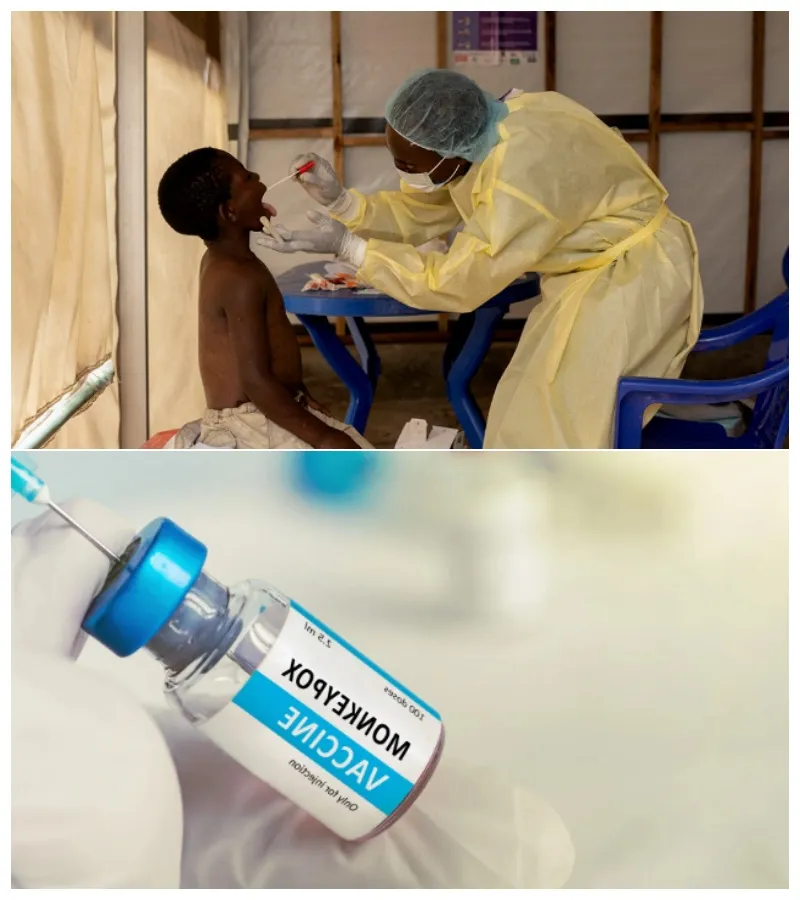Should Travelers Be Concerned About Mpox? A Health Expert Weighs In
Should Travelers Be Concerned About Mpox? A Health Expert Weighs In
With the recent rise in mpox cases across Africa, particularly in the Democratic Republic of the Congo (DRC), travelers may be wondering if they should be concerned about the virus. Although the World Health Organization has declared mpox a global public health emergency, experts suggest that travelers don’t need to panic just yet.
What Is Mpox?

Mpox, formerly known as monkeypox, is a viral disease endemic to parts of Central and West Africa. The virus can be contracted through direct contact with the skin lesions or bodily fluids of infected animals or humans. It can also be spread through respiratory secretions or contaminated materials like bedding and clothing. The disease is marked by symptoms such as headaches, muscle aches, rashes, swollen lymph nodes, and fever.
The Centers for Disease Control and Prevention (CDC) warns that people usually get mpox through contact with infected wild animals in Africa, but human-to-human transmission is also possible, especially during close contact or sexual activity. The current outbreak in Africa is particularly concerning due to a new variant, clade Ib, which is more transmissible and potentially more deadly.
Should Travelers Be Worried About Mpox?
According to Dr. William Schaffner, an infectious disease expert at Vanderbilt University Medical Center, travelers to African countries where mpox is currently circulating should consider getting vaccinated before their trip. The CDC has issued a Level 2 travel advisory for the DRC and neighboring countries, urging travelers to practice enhanced precautions.
However, for those traveling outside Africa, Dr. Schaffner reassures that there is “essentially no risk” at the moment. He emphasized that while mpox is “highly communicable,” the risk remains low for travelers not visiting affected regions.

How Can Travelers Protect Themselves?
Travelers heading to regions with reported mpox cases are advised to avoid close contact with anyone displaying symptoms of mpox. Additionally, avoiding contact with wild animals, both alive and dead, is crucial. The CDC also recommends steering clear of meat or products derived from wild animals, including lotions, creams, and powders.
For those who were vaccinated against mpox following the 2022 global outbreak, Dr. Schaffner noted that a booster shot is not necessary at this time, as the initial vaccination likely provides sufficient protection.
When staying in hotels, travelers should feel confident in the safety of linens and bedding, provided they are properly laundered. However, if a traveler develops a “new, unexplained skin rash,” they should seek medical attention immediately.
Conclusion
While the resurgence of mpox in Africa is a cause for concern, particularly in the DRC, travelers to other parts of the world need not be overly worried. Staying informed and taking appropriate precautions can significantly reduce the risk of contracting the virus. As Dr. Schaffner pointed out, “The world is a very small place… These viruses travel with us. They don’t need passports.”
As the situation evolves, travelers should stay updated on the latest health advisories and consider vaccination if traveling to high-risk areas.









Post Comment